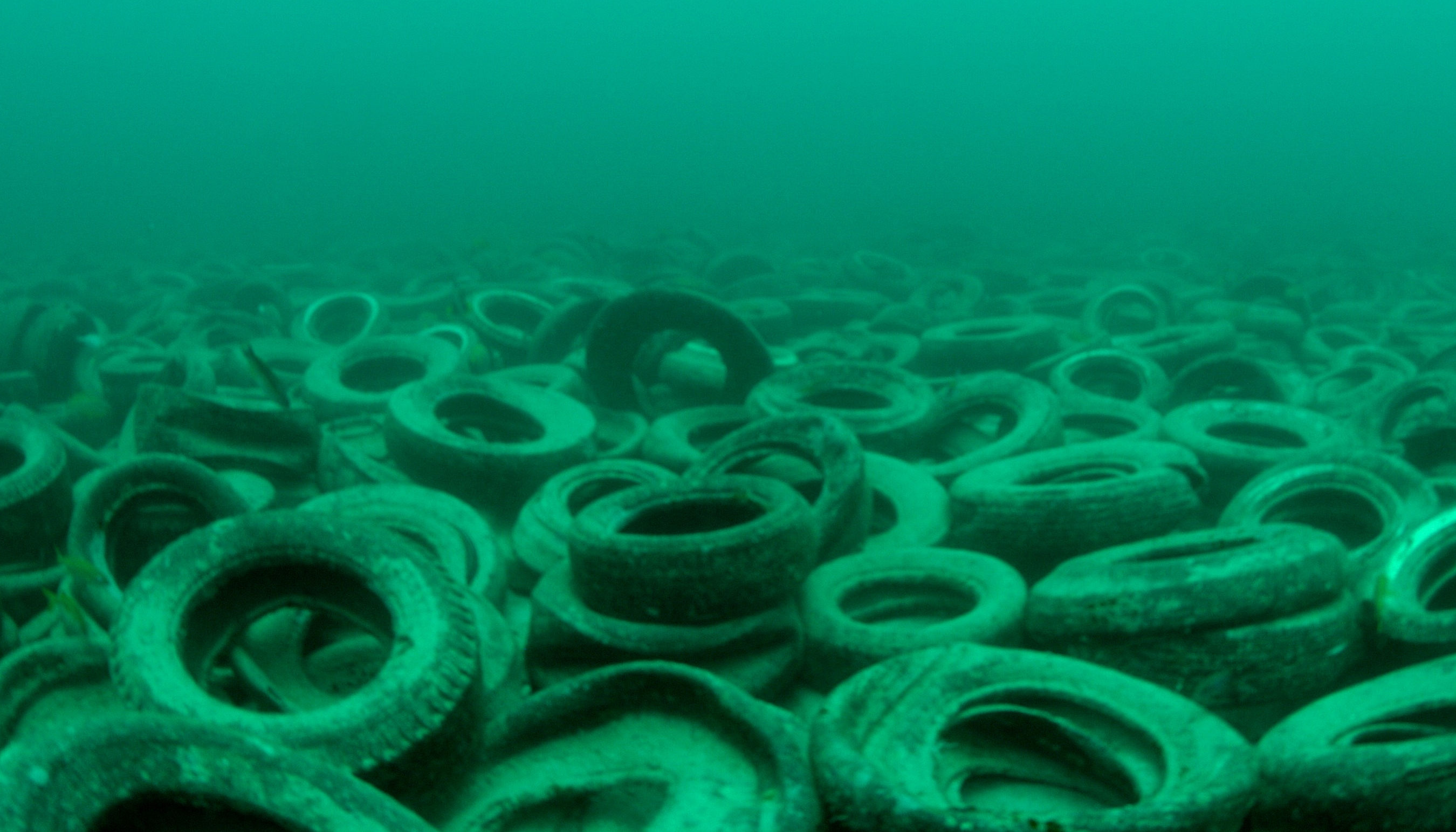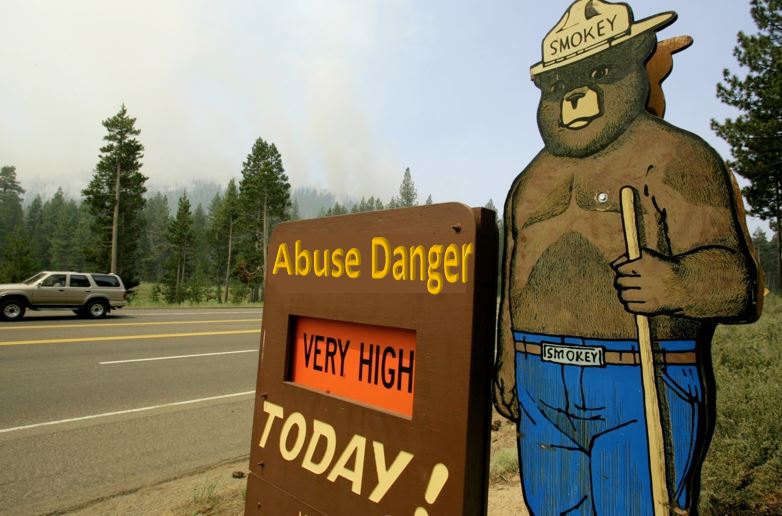He thought his experiment was good for the environment, but scientists warned for years that the Marine Forests Society’s actions were harmful and spreading poisoning the ocean’s ecosystem.
Comments by FRR Editor
The road to Hell is paved with good intentions, and so is the road to environmental disaster. Take trees, for instance. The feelings-driven pseudo-environmentalist movement created the myth that trees are living beings that should live out their lives undisturbed in forests. Any effort to manage forests as a resource was considered immoral, and all logging operations were equated with the ‘rape of the earth.’ The good intentions behind the myth were ‘preservation’ and ‘protection’ and ‘compassion.’ Preserve the trees. Protect the environment. And be compassionate towards all the little creatures who make the trees their home.
Well, we all know how the good intentions of the anti-logging movement turned out. Instead of preservation, we got overgrown forests, crowded with weak, disease-prone, dying trees. Instead of protection we got hot, massive wildfires. And instead of compassion for all the little creatures living in the trees, we got millions of incinerated animals.
Good intentions are destroying the Western range. Not unlike the anti-logging environmentalists, the wild horse advocates have built a movement on the myth that America’s wild mustangs must be allowed to live free, without human intervention. The horse lovers believe that good intentions alone will keep the mustangs free, beautiful, healthy and strong, and all we have to do is just leave them alone. The advocates proclaim that any effort to keep mustang numbers sustainable is inhumane, and that the horses must be saved no matter what the cost because their value as a symbol of beauty and freedom is priceless!
But the truth is that mustangs are overrunning the range, displacing native wildlife species, and are costing a pretty penny to livestock operators, local governments and the federal budget. Feral horses are competing with wildlife for food and water, causing widespread destruction of the range, and most immoral of all, are dying of starvation and thirst because the so-called ‘horse advocates’ launch lawsuits each and every time there is an earnest attempt to properly manage the beasts or control their robust procreative powers.
The good intentions of tree lovers have been realized in deadly, devastating wildfires. And the good intentions of the horse advocates are being realized with starvation, irreversible range destruction, and a crisis level population explosion.
On a lighter note, however, sometimes the catastrophic effects of good intentions can be reversed. But it may take a herculean clean up effort to do it, as illustrated in this article by Chris White, in the Daily Caller:
Eco-Warriors Once Used Old Tires In A Failed Attempt To Create An Artificial Reef
Divers are removing hundreds of old tires and debris environmentalists dumped off the coast of Southern California 30 years ago to help create an artificial barrier reef.
Diving crews began cleaning up the mess earlier this month, according to the California Coastal Commission. Activist Rodolphe Streichenberger dumped the refuse in the bay in 1988 to establish an experimental, artificial reef – he fought for years to prevent its cleanup.
“It’s about time this was cleaned up. Dumping plastic and other trash into our oceans is not the way to restore the marine ecosystem,” commission Chair Dayna Bochco said in a press statement Wednesday. “There is an estimated 18 billion pounds of plastic that enters the world’s oceans every year and we must do what we can to clean this up.”
Streichenberger’s makeshift reef covered several acres of ocean floor and consisted of 1,500 used tires, 2,000 plastic jugs covered with plastic rope, 100 sections of PVC pipe and fishing net, along with Styrofoam and iron roads. He also failed to obtain permission from the commission for the project.
Streichenberger’s now-defunct Marine Forests Society sued the commission’s authority to force the group to cease and desist cluttering up the ocean floor. The California Supreme Court eventually reversed a lower court ruling permitting the reef and sided with the commission.
He thought his experiment was good for the environment, but scientists warned for years that the Marine Forests Society’s actions were harmful and spreading poisoning the ocean’s ecosystem.
“State scientists said the tires contained harmful toxins, the material was not dense enough to anchor to the ocean floor and warned the discarded netting and ropes could trap fish and marine mammals,” according to the commission.
Divers throughout the years found the trash had spread throughout the sea floor and held only “the type of marine life commonly found on pier pilings and boat bottoms,” the commission added.
The group sued the commission in the early 2000s, claiming it is unconstitutional because the legislature appointed eight of its 12 members and do not have fixed terms. The governor was responsible for appointing the other four. Marine Forests Society argued at the time that the arrangement violates the Constitution’s doctrine of separation of powers.
So, whether it be geniuses who think it’s better for the environment to toss old tires in the sea to create an ‘artificial reef’ than it is to bury them in a landfill, or tree lovers who think trees can thrive and grow indefinitely without need of harvesting or clearing, or the horse folk who believe mustangs should be free to reproduce unchecked, even in the arid West, where forage is sparse and water is rare, good intentions without good science and good old common sense, are more often than not, cobble stones on the path to environmental disaster.
[paypal_donation_button]
Free Range Report
[wp_ad_camp_3]
[wp_ad_camp_2]




Great article! Thanks
This is an excellent article, i feel this article and the good old common sense it brings out should be spread far and wide and that every (so called) environmentalist should read this article. It seems to me that the environmentalist lack the good old common sense.